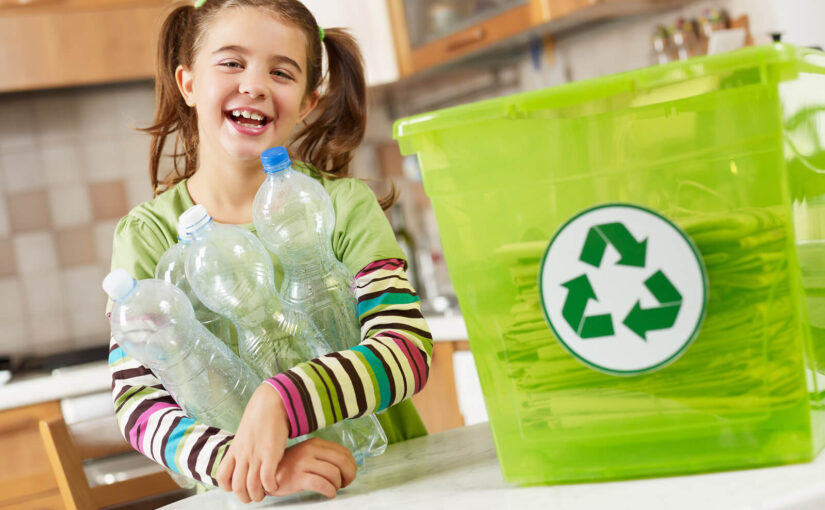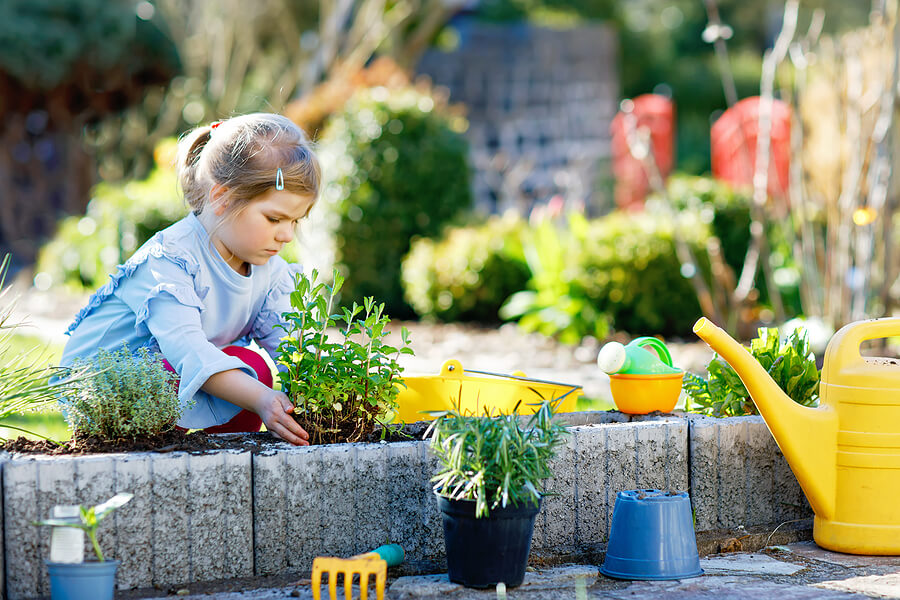Protecting our planet starts at a young age. That’s why educating your kids about the environment is important and inspiring them to do their bit to help the planet.
Learn how to encourage recycling with these ways to recycle for kids. From informational videos and fun recycling facts to craft sessions and day trips, there is a range of resources to encourage children to recycle and consider their impact on the planet.
Set a good example
Leading by example is the best way to encourage recycling for kids. It’s no secret that children learn and copy our behaviours, and how we manage our waste is no exception.
Ensure you correctly separate your items and place them in the proper bins. Take your kids through the recycling process while you do so, explaining the positive impact recycling correctly can have.
Turn recycling into a game
Kids learn best when they’re having fun. Help your children learn to recycle by turning the process into a game and provide rewards for correctly recycling.
For example, you could reward the child who separates their waste into recyclables and non-recyclables the fastest. They’ll soon associate recycling with enjoyment, and it will quickly become a habit.
Explain the importance of recycling
It sounds simple, but highlighting the importance of recycling is one of the easiest ways to encourage recycling for kids. While the impact of recycling may be evident to us, children are yet to learn all the fascinating details about environmental conservation.
To help get your point across, use specific recycling facts for kids to capture their attention. Recycling videos for kids are also beneficial — you’ll find great educational resources online that help convey the information in a fun, memorable way.
Get crafty
Instead of throwing away your recyclable items, reusing them in craft projects is an excellent way to teach your kids about recycling.
Turning your old cardboard tubes, newspaper, wine bottles, etc., into a fun art project will showcase how recycling can give items a new lease of life. As you craft, encourage your kids to recognise the previous life of their objects and the many ways you can reuse them.
Make it easy
Don’t expect your kids to understand your home’s various recycling systems immediately. While the different coloured bins and separation methods may be second nature to you, your kids will require a helping hand to form habits.
Make it easier for them to understand by clearly colour matching or labelling your bins, including a checklist on what items go into each.
A step-by-step chart on how to rinse and separate common everyday items such as cereal boxes, yoghurt pots, and plastic bottles can also be beneficial. Your kids will hopefully begin to understand their waste usage and sustainability.
Take a day trip
Recycling facilities and household dumps may not seem like the most exciting locations, but for kids, they can make an unusual and fascinating day trip.
Make gathering the items and visiting the facilities an adventure, and explain why things like batteries, mobile phones, appliances, and paints can’t go into your regular recycling bin.
Visiting a landfill will also profoundly affect your child’s understanding of recycling. It can be challenging to visualise the impact of our waste, but landfill sites allow us to do just that. They will see the rubbish and understand why recycling is one of the crucial ways we can minimise what gets sent to landfill.
Give them a recycling project
Once your child understands recycling and recognises its importance, it’s time to put those views into practice.
Put older kids in charge of a particular recycling project, like reusing all your household jars, shopping for plastic-free substitutes, or encouraging their classmates to reuse one recyclable item.
Help them execute their plan and continue highlighting the broader impact of what they’re doing, but let them take the lead so they can feel proud of the results.
Grow a fruit or vegetable garden
Having a fruit and vegetable garden at home helps eliminate the plastic packaging of store-bought items, much of which can’t be recycled.
Encouraging your kids to get involved in planting and maintaining your garden allows them to understand the significance of their change. It also allows you to explain food waste and the importance of plants for the planet.
Ask your kids to prepare snacks and meals using your garden’s produce, promoting their interest in cooking and the natural world.
Conduct a clear out
Donating is also part of recycling and the broader circular economy, and is easily done with your kids.
Prompt your children to identify clothes and toys they no longer use and take them with you to the charity shop or donation centre.
Explain that a new child will use their old items, taking them through the impact of producing new objects on the environment. If they need something new, encourage your kid to pick a second-hand item to buy, and ask them to consider the many previous lives they think their purchase has had.


